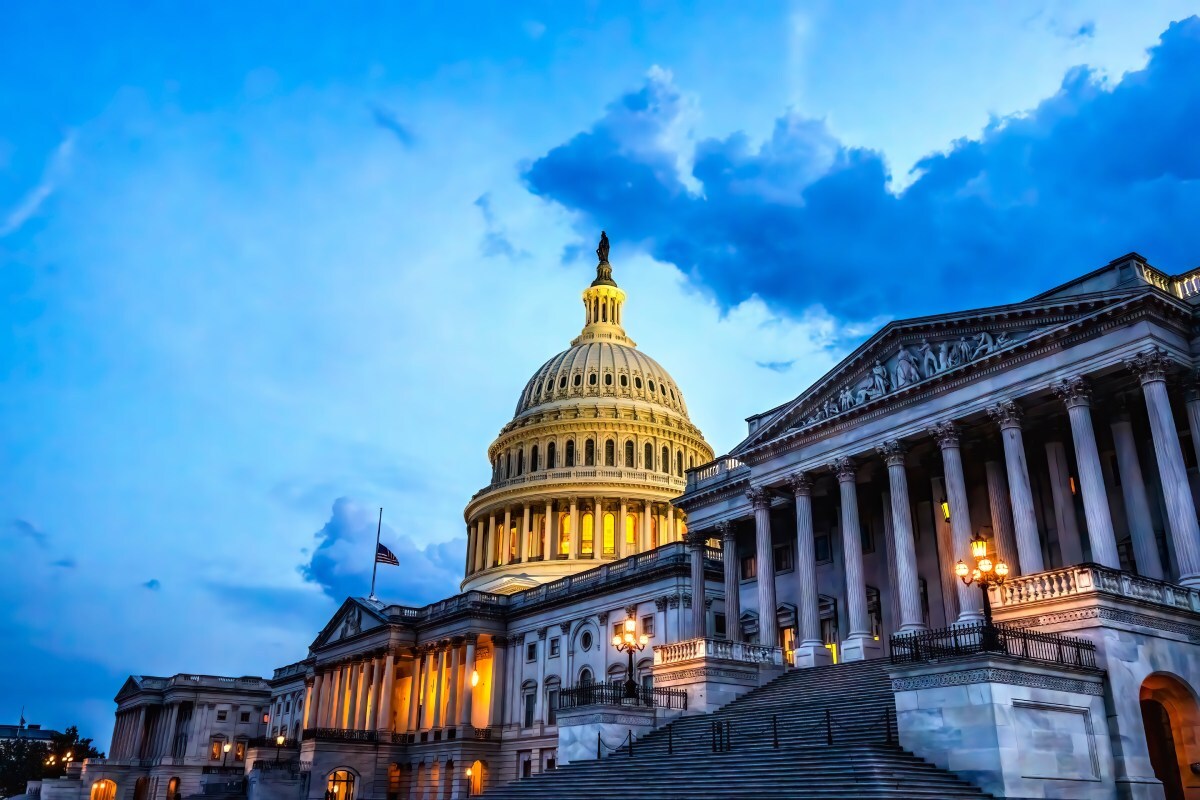
Senators on Tuesday morning struck down a provision in President Trump’s “Big, Beautiful Bill” that would’ve prevented U.S. states from regulating AI for 10 years.
The controversial ban on state regulation was seen by its proponents as a way to avoid hampering the growth of AI innovation in the United States, which they see especially important as competition against China continues to heat up.
However, its opponents saw the ban as infringing on state’s rights and increasing the power and influence of the tech industry in the U.S. There is also concern from people in creative industries about the use of AI to violate copyrights that protect artists.
While the Senate had tried negotiating a compromise – including shortening the ban to five years – the provision was ultimately struck down by a 99-1 vote.
The opposition was led by Sen. Marsha Blackburn, a Republican from Tennessee, who emphasized the need to protect young people as well as creators.
“It was an honor to lead this fight on behalf of kids, parents, states, creators, and all individuals who would suffer the consequences of an AI moratorium,” she said in a post on X. “Until Congress passes federal legislation like my NO FAKES Act and the Kids Online Safety Act, we cannot remove these protections.”
It was an honor to lead this fight on behalf of kids, parents, states, creators, and all individuals who would suffer the consequences of an AI moratorium. Until Congress passes federal legislation like my NO FAKES Act and the Kids Online Safety Act, we cannot remove these… pic.twitter.com/R4wtMaJ79Z
undefined Sen. Marsha Blackburn (@MarshaBlackburn) July 1, 2025
The bill will now head to the U.S. House for debate.
Some of the biggest names in the AI sector saw their shares fall on Tuesday.
Nvidia (NVDA) dropped 4.69%, Meta Platforms (META) plunged 18.9%, and Microsoft (MSFT) declined 5.4%.
The tech industry had been urging the Trump administration to take what OpenAI Ceo Sam Altman called a “light-touch regulatory framework” toward AI in order to encourage innovation.
By striking down the provision in the bill, it arguably creates a more complicated regulatory environment for the tech industry.
Rather than have the federal government institute a broad regulatory framework for AI – the way it is doing with cryptocurrency – each of the 50 states in the United States will have their own regulatory framework.
At a Senate hearing in May, Altnam said this kind of a "patchwork regulatory framework" would “slow us down at a time where I don't think it's in anyone's interest for us to slow down."
Palmer Luckey, cofounder of Anduril Technologies, echoed Altman’s concerns about patchwork regulations in a post on X last week.
“The federal pre-emption language in the Big Beautiful Bill is absolutely critical for the economic, educational, military, and cultural future of America,” Luckey said. “We need a consistent set of regulations that allows tech companies to work on critical problems in the military and elsewhere, not a 50-state patchwork that puts American national security and foreign policy in the hands of state legislators who don't mind crushing companies like Anduril if it means keeping their most vocal constituents happy.”
Your email address will not be published. Required fields are markedmarked